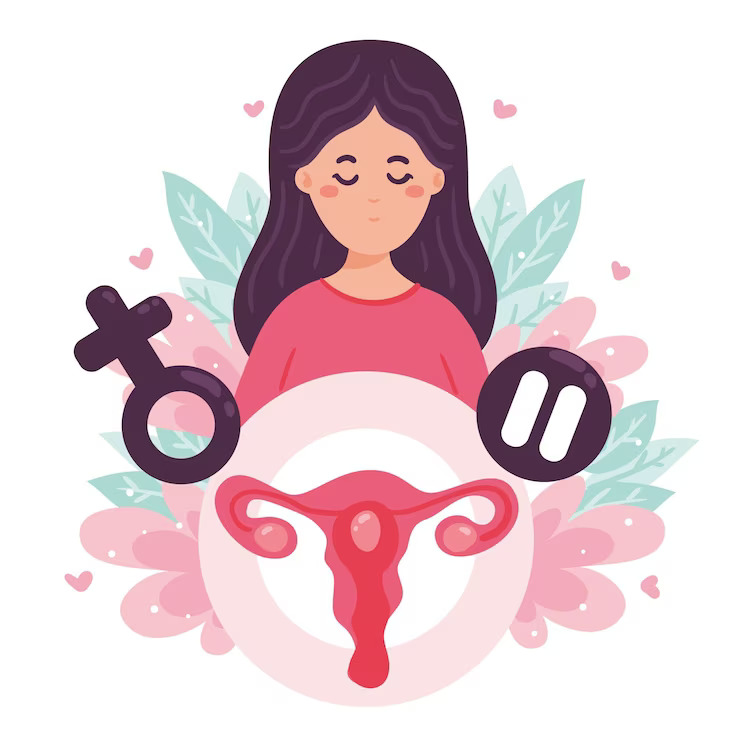Polycystic Ovary Syndrome (PCOS) is a complex endocrine disorder that affects millions of women worldwide, characterized by hormonal imbalances, irregular menstrual cycles, and ovarian cysts. While conventional medical treatments such as medications and lifestyle modifications play a crucial role in PCOS management, many individuals also turn to complementary and alternative therapies to alleviate symptoms and improve overall well-being. In this article, we delve into the various complementary and alternative therapies available for PCOS management, exploring their efficacy, safety, and potential benefits.
Understanding Complementary and Alternative Therapies
Complementary and alternative therapies encompass a diverse range of healing modalities and practices that are used alongside or in place of conventional medical treatments. These therapies may include herbal remedies, dietary supplements, acupuncture, yoga, meditation, aromatherapy, and mind-body techniques. While some complementary and alternative therapies have been studied extensively and shown promising results, others lack scientific evidence or may have limited research supporting their efficacy in PCOS management.
Herbal Remedies and Dietary Supplements
Herbal remedies and dietary supplements are among the most commonly used complementary therapies for PCOS. Certain herbs and supplements have been studied for their potential to regulate hormonal imbalances, improve insulin sensitivity, and reduce symptoms associated with PCOS. Examples include:
Vitex (Chaste Tree Berry): Vitex is an herb commonly used to regulate menstrual cycles and promote hormonal balance in women with PCOS. Some studies suggest that Vitex may help improve menstrual regularity and reduce symptoms such as acne and hirsutism.
Inositol: Inositol supplements, particularly Myo-inositol and D-chiro-inositol, have shown promise in improving insulin sensitivity and ovarian function in women with PCOS. Inositol may help regulate menstrual cycles, reduce androgen levels, and improve fertility outcomes.
Cinnamon: Cinnamon supplements may help improve insulin sensitivity and reduce insulin resistance in women with PCOS. Some research suggests that cinnamon may help lower fasting blood glucose levels and improve lipid profiles in individuals with PCOS.
Omega-3 Fatty Acids: Omega-3 fatty acid supplements, such as fish oil, may have anti-inflammatory properties and could potentially reduce inflammation associated with PCOS. Omega-3 fatty acids may also help improve lipid profiles and cardiovascular health in women with PCOS.
Mind-Body Techniques
Mind-body techniques, including yoga, meditation, deep breathing exercises, and progressive muscle relaxation, may help reduce stress, improve emotional well-being, and promote relaxation in women with PCOS. Stress management is particularly important in PCOS management, as stress can exacerbate hormonal imbalances and contribute to symptoms such as irregular menstrual cycles, acne, and weight gain.
Acupuncture
Acupuncture, an ancient Chinese healing practice, involves the insertion of thin needles into specific points on the body to stimulate energy flow and promote balance. Some studies suggest that acupuncture may help regulate menstrual cycles, reduce insulin resistance, and improve fertility outcomes in women with PCOS. Acupuncture may also help alleviate symptoms such as menstrual pain, bloating, and mood swings associated with PCOS.
Dietary and Lifestyle Modifications
In addition to herbal remedies, supplements, and mind-body techniques, dietary and lifestyle modifications are integral components of PCOS management. A balanced diet rich in fruits, vegetables, whole grains, lean proteins, and healthy fats can help regulate blood sugar levels, manage weight, and improve overall health in women with PCOS. Regular physical activity, such as brisk walking, cycling, or swimming, can also help improve insulin sensitivity, reduce inflammation, and promote weight loss in women with PCOS.
Safety and Considerations
While many complementary and alternative therapies may offer potential benefits for PCOS management, it’s essential to approach them with caution and consult with a healthcare provider before starting any new treatment regimen. Some herbal remedies and supplements may interact with medications or have side effects, particularly in individuals with underlying health conditions or allergies. Additionally, not all complementary and alternative therapies have been rigorously studied or proven effective for PCOS, so it’s essential to evaluate the evidence and make informed decisions about their use.
Conclusion
Complementary and alternative therapies offer additional options for PCOS management, complementing conventional medical treatments and lifestyle modifications. While research on the efficacy of these therapies is ongoing, many women with PCOS find relief from symptoms and improved quality of life through a holistic approach that integrates herbal remedies, supplements, mind-body techniques, and dietary and lifestyle modifications. By working collaboratively with healthcare providers and exploring various treatment modalities, women with PCOS can tailor a personalized treatment plan that addresses their unique needs and promotes optimal health and well-being.

